External Fever
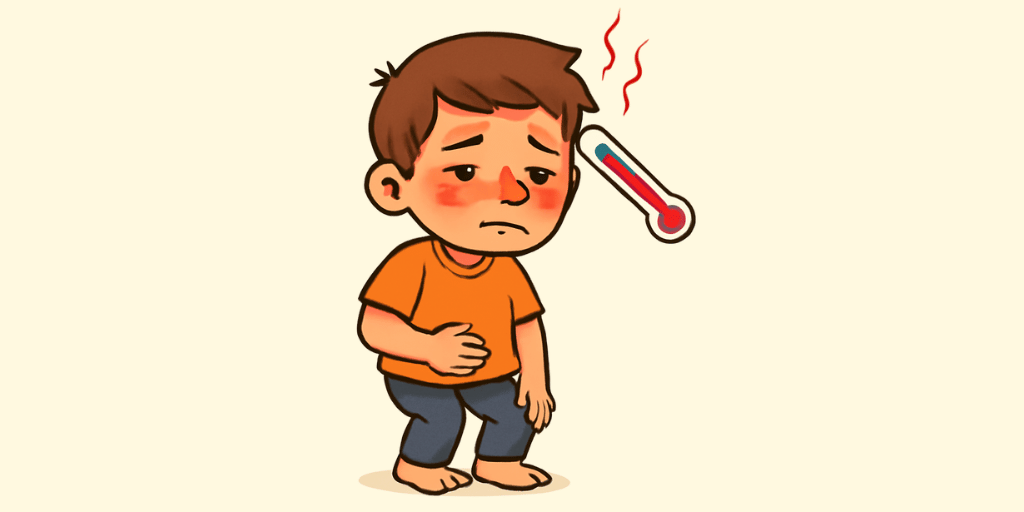
Ayurvedic Name: Agantuja Jwara Description: Agantuja Jwara arises due to external factors such as infections, injuries, toxins, or emotional trauma. Unlike internally caused fevers (Nija Jwara), this fever originates from an external source but eventually disturbs internal Dosha balance, causing inflammation, swelling, rashes, or even psychological disturbances. Over time, if untreated, it can penetrate deeper […]
Irregular Fever
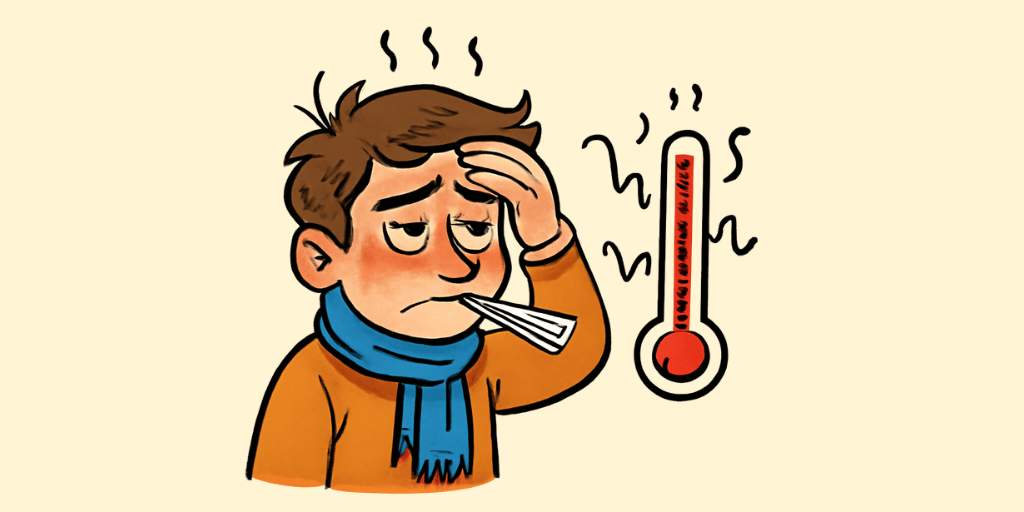
Ayurvedic Name: Vishama Jwara Description: Vishama Jwara is an irregular and unpredictable fever resulting from chronic digestive disturbances, weak Agni, and Vata Dosha imbalance. It often manifests as fevers with fluctuating intensity and intermittent patterns, resembling malaria or post-viral fatigue syndromes. It is aggravated by erratic eating habits, emotional stress, and excessive exertion, making recovery […]
Tissue Level Fever
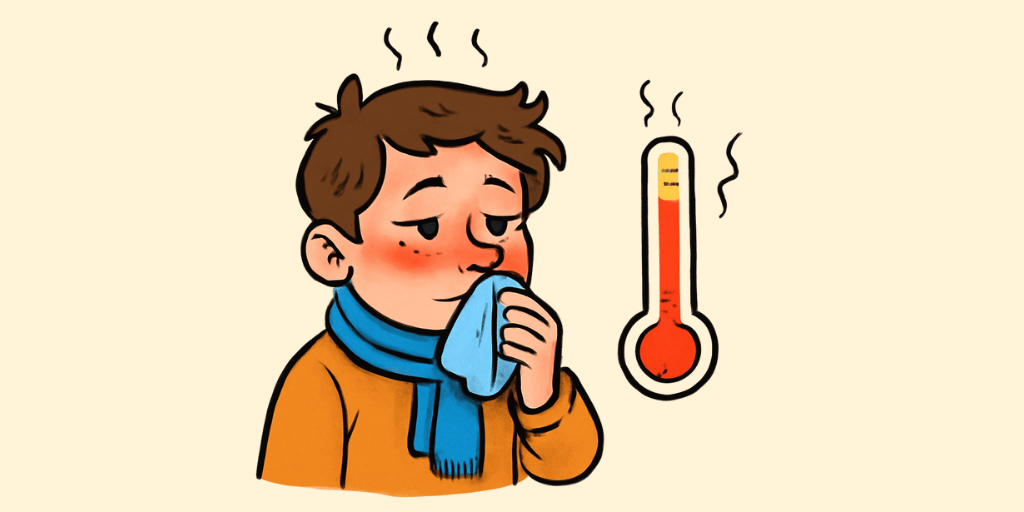
Ayurvedic Name: Dhatugat Jwara Description: Dhatugat Jwara occurs when fever penetrates deeper Dhatus (tissues) like Rakta (blood), Mamsa (muscle), or Majja (bone marrow), which leads to severe symptoms such as high fever, body pain, weakness, and chronic inflammation. It signifies a more profound disease state requiring intensive detoxification and nourishment to restore tissue balance. Signs […]
Edema
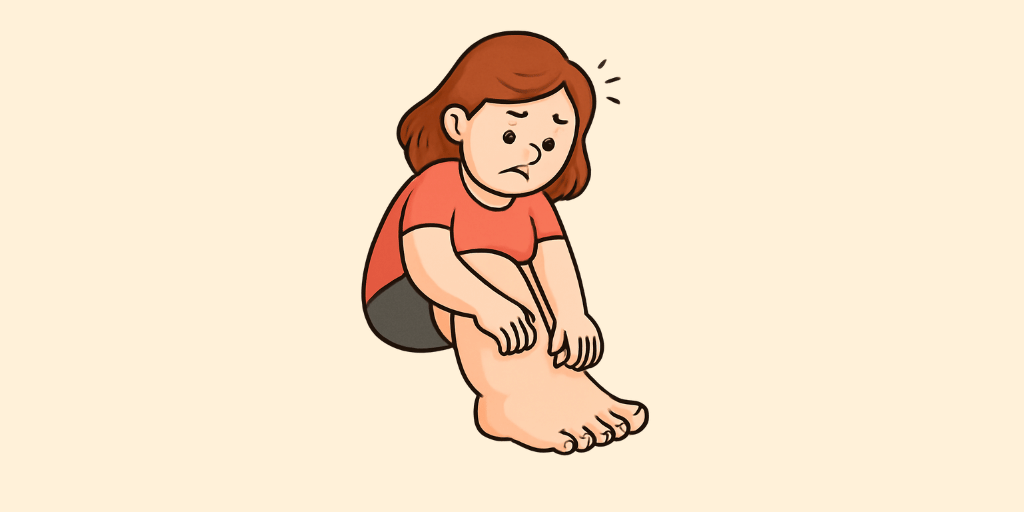
Ayurvedic Name: Shotha Description: Shotha is a condition of localized or generalized swelling due to fluid retention and impaired lymphatic drainage, resulting from an imbalance of Vata, Pitta, or Kapha. It results in inflammation, pain, heaviness, and restricted mobility, often linked to kidney disorders, joint inflammation, or chronic infections. Depending on the Dosha involved, swelling […]
Bleeding Disorders
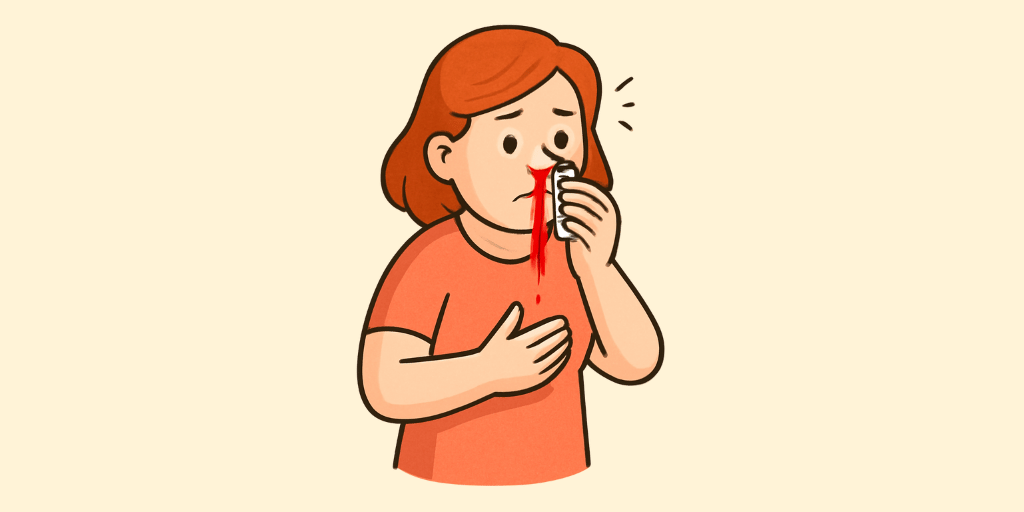
Ayurvedic Name: Raktapitta Description: Raktapitta is a bleeding disorder resulting from Pitta Dosha vitiation, which leads to excessive heat and blood vessel rupture. It manifests as nosebleeds, heavy menstrual bleeding, blood in urine or stool, and hemorrhagic conditions. Aggravating factors include excessive heat exposure, spicy foods, alcohol consumption, and emotional stress. Treatment involves Sheetala (cooling) […]
Synovitis
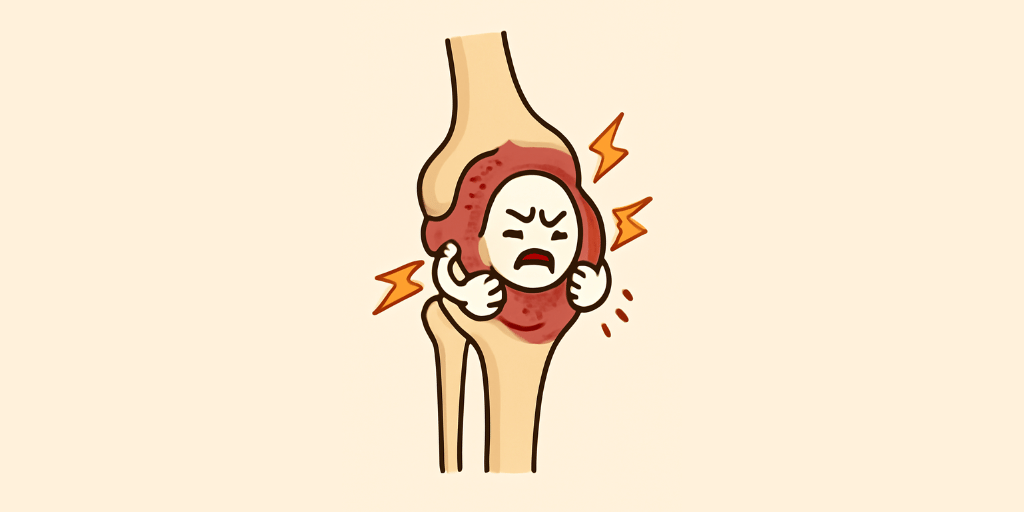
Ayurvedic Name: Kroshtukasheersha Description: Synovitis is a condition predominantly occuring in Knee joint. This is usually caused due to any external trauma or injury. This is a vaat dominant disease and affects the blood tissues in our body in the way of its pathogenesis. Either resulting from trauma or any acute infection in the joint. […]
Herpes Zoster
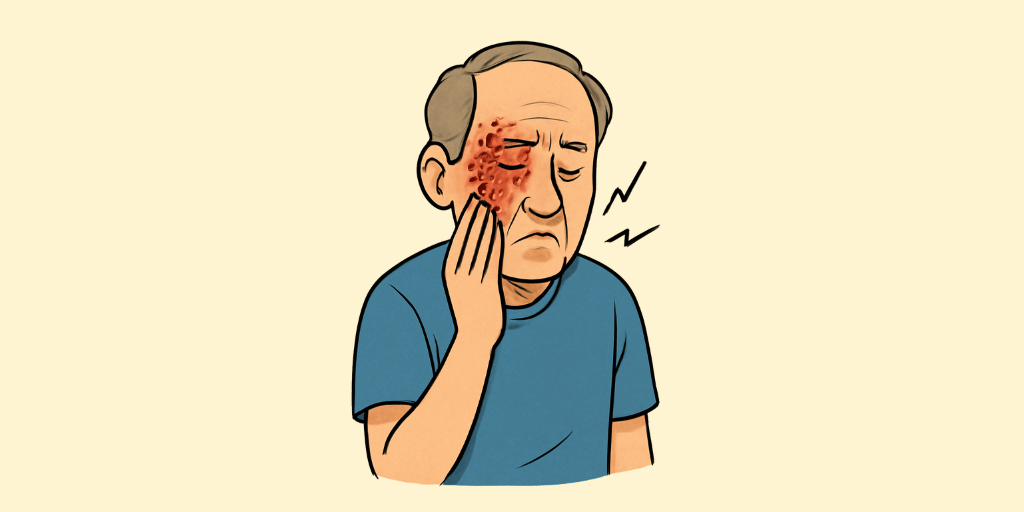
Ayurvedic Name: Visarpa Description: Visarpa is a severe skin and tissue infection resulting from aggravated Pitta and Kapha, which leads to red, inflamed, and spreading lesions resembling Erysipelas or Herpes Zoster. It often occurs due to poor digestion, heat accumulation, or suppressed infections, causing burning pain, fever, and ulceration. Ayurvedic management includes blood purification (Raktashodhana), […]
Vitiligo

Ayurvedic Name: Shvitra Description: Shvitra, or Vitiligo, is a skin disorder resulting from Tridosha imbalance, particularly aggravated Pitta, which leads to the destruction of melanocytes and depigmentation of the skin. It results in white patches that spread gradually. Poor digestion, toxin accumulation, and improper lifestyle habits trigger this condition. Treatment focuses on detoxification, herbal pigmentation […]
Emaciation
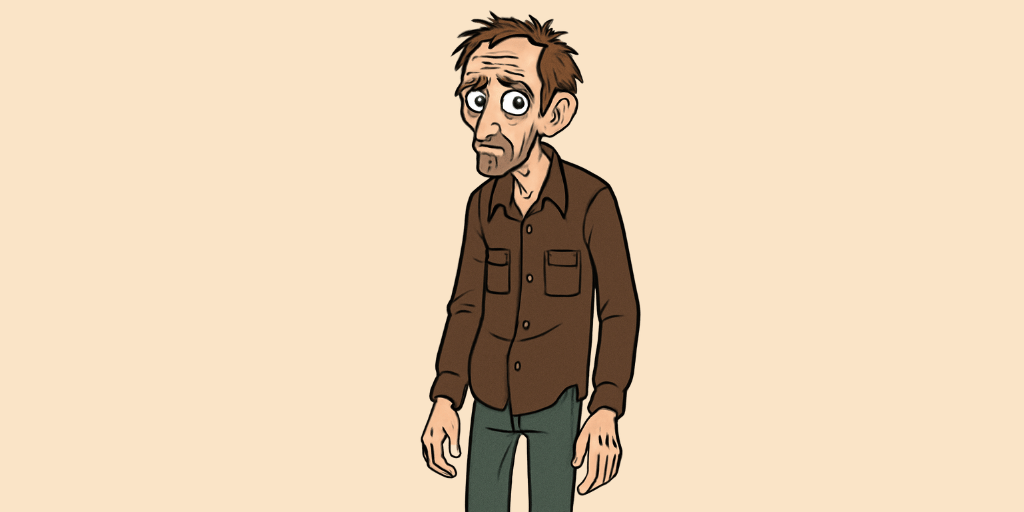
Ayurvedic Name: Karshya Description: Karshya, or emaciation, is a Vata-dominant disorder characterized by undernourishment and depletion of Rasa and Mamsa Dhatus. It results in extreme thinness, weakness, digestive issues, and poor immunity. Causes include malabsorption, chronic illness, excessive fasting, and stress. Treatment focuses on nourishing therapies, Brimhana (tissue-building) diet, and Rasayana (rejuvenation) herbs to restore […]
Convulsions
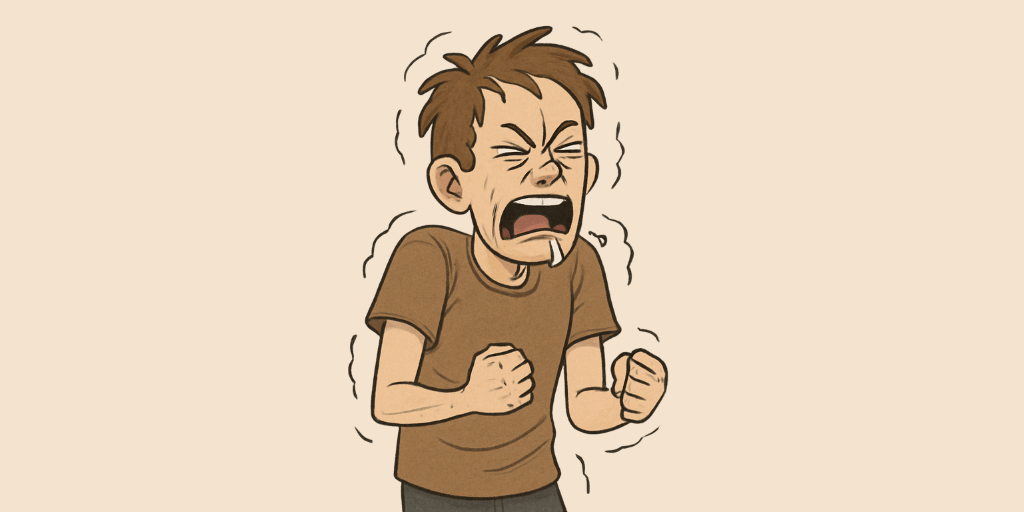
Ayurvedic Name: Akshepak Description: Convulsions refers to convulsive disorders, including epilepsy and involuntary spasms, resulting from aggravated Vata in the nervous system. It manifests as sudden, repetitive muscle contractions, twitching, and jerky movements, often accompanied by unconsciousness in severe cases. Factors like chronic stress, improper diet, excessive dryness, trauma, and nervous exhaustion aggravate Vata, which […]
